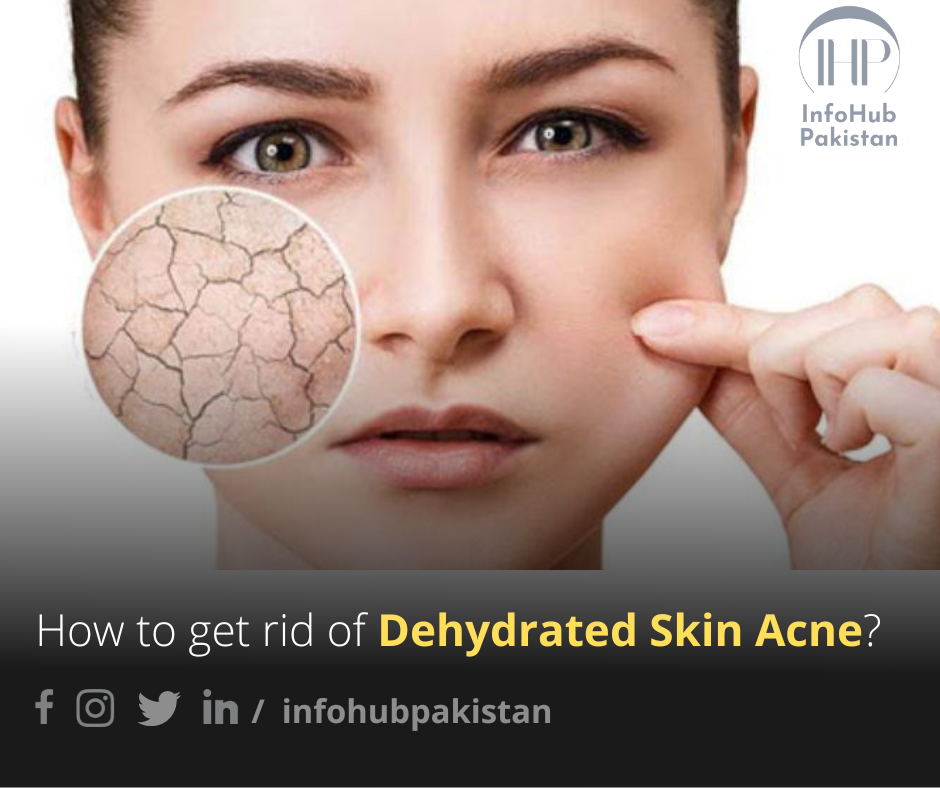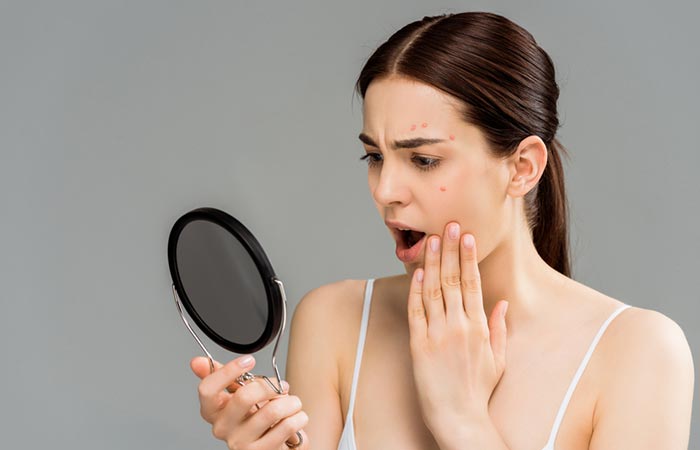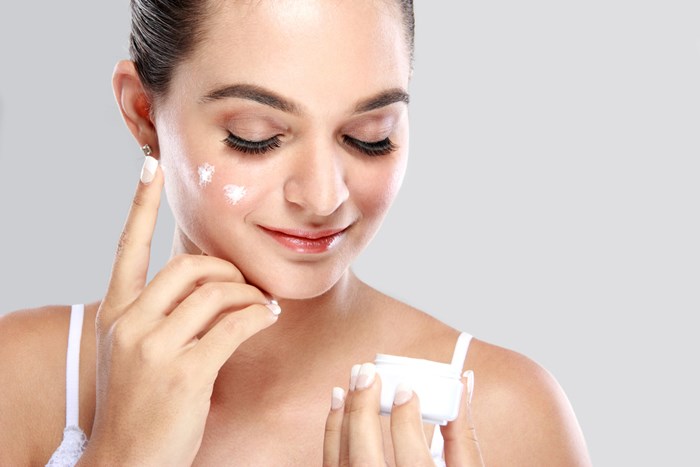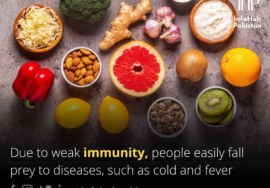
How do you get rid of dehydrated skin acne?
Have you ever found yourself staring in the mirror wondering how you get dehydrated skin acne?
Sometimes it’s hard to understand that people with oily and acne-prone skin can also experience dehydration. This type of combination, can be characterized by flaky skin with a layer of oil on top. This happens when the skin is dehydrated and feels tight. Even though you lack water, you can still produce oil. Also when you feel that your skin is tight and itchy, especially after cleansing, and then turns into an oil tank within minutes, your skin is dehydrated. Ignoring to treat dehydrated skin can lead to acne breakouts, irritation, dry patches, dullness and more. The first step to hydrate your dehydrated skin acne is knowing what causes skin dehydration in the first place and how to spot it. Once you understand what’s going on with the underlying triggers, as well as what products you need to use (and what to avoid), you can begin to see impressive results.
How do you know if your skin is dehydrated?
What are the characteristics of dehydrated skin? What are the signs of dehydrated skin? How does dehydrated skin look? How do you tell if you have oily dehydrated skin?
You can usually tell if your skin is dehydrated if you pinch one of your cheeks and the light pressure wrinkles instead of holding its shape. So dehydrated skin will also feel tight and look duller than usual.
Common signs of dehydrated skin include dullness, tightness, increased sensitivity, rough texture, increase wrinkles and dark circles and fine lines under the eyes. Severely dehydrated skin may also have scaly patches in dry areas. When you have oily skin, these symptoms may be less noticeable, but the underlying problem is still there.
Although dehydrated skin can sometimes appear dry, you won’t make much progress using topical dehydrated skin treatments alone. Dehydrated skin should be treated with a combination of lifestyle changes, as it is likely a sign of dehydration throughout your body.
Knowing the causes of dehydrated skin acne can help you avoid its symptoms. Despite your best efforts, your skin may still lack the moisture it needs. That’s why it’s important to look for the main signs of dehydrated skin, including:
- Headline
- Itching
- Flaky skin
- Inflammation
- Sensitive skin
- Congestion / clogged pores
- Dark circles under the eyes
- Increased appearance/depth of wrinkles and lines
- Tight skin
- Dull skin
What cause dehydrated skin acne?
Dehydrated skin is a skin condition that means your skin is not getting enough water. This can be caused by a number of different factors including the skin care products you are using, too much sun exposure or even hot baths and showers.
The same forces that dehydrate your body also dehydrate your skin that are dehydration, diet, environment, dry air, extreme temperatures, too much sun exposure and caffeine. Use of certain skin products, such as makeup and cleansers, and/or misuse of such products can also make your skin dehydrated and oily at the same time more prone to acne. Each of these factors reduces the amount of water in your skin, which tells your body to produce more oil to compensate for the lack of moisture resulting in dehydrated skin acne. This is why dehydrated skin can feel dry and oily at the same time.

Top irritating products that cause dehydration include:
- Using drying soaps, harsh scrubs, or being too aggressive with cleansing brushes (especially those that are hard and rough on the skin)
- Applying toners, astringents, or any product high in alcohol or other irritating ingredients (think witch hazel, menthol, lemon, eucalyptus)
- Using products that contain high amounts of natural or synthetic fragrances, including aromatic essential oils
- Before Using Sunscreen Daily – Sun damage plays an important role in affecting the surface of the skin and can worsen acne.
How to treat dehydrated acne prone skin?
How to treat dehydrated skin on the face? How do you fix dehydrated acne-prone skin? How to treat dehydrated skin? How to treat dehydrated oily skin? How to cure dehydrated skin? What do you do for dehydrated skin?
These are the queries many people ask these days while dealing with dehydrated skin. People wonder how oily skin can be dehydrated, but this is because dehydration is a skin condition caused by a lack of water, not a lack of oil and can still produce oil. In fact, it is the overproduction of oil to compensate for the lack of moisture in the skin, which is why dehydrated skin can easily be mistaken for oily skin. Dehydrated skin acne is common among people with oily and acne-prone skin who use harsh products that strip the skin of water. Overproduction of oil to compensate for dehydration can lead to conditions we associate with oily skin types, including blemishes and breakouts.
Dehydrated Oily skin is an oil residue on the surface of the skin and then drying out beneath the lower layers of the skin. It is still important to moisturize with hydrating ingredients like hyaluronic acid, squalene, and ceramides. They also tend to have dull and irritated skin, with more fine lines and the possibility of more breakouts. Dehydrated skin acne is characterized by dullness, irritation and congestion. This means that signs of oiliness are not equal to signs of hydration! When the skin is dehydrated, it compensates by producing more oil.
Treating dehydrated, acne-prone, and oily skin requires a delicate balance. It takes a certain amount of awareness to make sure you don’t worsen dry skin but also deal with those pesky zits. Having said that, problems can be eliminated or reduced simply by switching to the right products.
Cleanser
Your skin needs some of its natural oils to preserve a strong, healthy skin barrier to avoid dehydrated skin acne.
A well-functioning barrier means the skin is able to retain moisture and transepidermal water loss (evaporation of moisture from the skin) is reduced. Use gentle facial cleansers to prevent skin dehydration
The ideal cleanser for an oily skin care routine is one that is gentle enough to target congestion and not strip all the oily skin.
Serum
Adding a serum that targets dehydration is an effective way to hydrate thirsty, oily skin. The molecular structure of serum is smaller than moisturizers.
This means they can penetrate deep into the skin to deliver a high concentration of active ingredients. Incorporating a lightweight serum that contains skin-restoring ingredients for antioxidant and anti-inflammatory properties.
Moisturizer

If you have an oily skin type, you may be tempted to skip the moisturizing step, assuming that your skin doesn’t need hydration – it’s already oily!
This is a mistake because oil does not indicate hydration. Dehydrated skin acne means the skin which is lacking water in it. Not moisturizing means your skin won’t develop the barrier that allows it to hold on to water, depriving it of the hydration it really needs.
Oily skin also needs skin moisture barrier products to improve skin condition through a combination of humectants and emollients found in moisturizing creams and oils.
You would be wondering that why already oily skin should need face oils to keep the skin moisturized. But, it is correct. Oily skin types can use face oils! Many oils work great to help regulate oil production and increase hydration.
Not all oils are created equal though – some can increase sebum production. Choose a lightweight, gel-cream moisturizer rather than a rich, emulsifying, creamy product. The best options for oily, breakout-prone skin are lightweight oils with a low comedogenic rating and those with soothing, antibacterial properties.
Exfoliation
Regular exfoliation should be part of every dehydrated skin acne care regimen. By removing dead skin cells and unclogging pores, exfoliation instantly improves skin tone and texture for brighter, fresher-looking skin.
Along with the above-dehydrated skin products also :
- Look out for ingredients that hydrate the skin, such as hyaluronic acid
- Use a clay mask that helps eliminate impurities but doesn’t leave the skin stripped
- Apply sunscreen during the day
- Don’t use hot water to wash your face
Does hydrating your skin help acne?
To be healthy, glowing and bright, our skin needs a balance of water (inside the skin) and oil (just outside the skin). When we don’t have enough water, inflammation follows. This inflammation can release CRH (corticotropin-releasing hormone), a hormone that can actually tell your sebaceous glands to produce more oil. This is why one of the telltale signs of oily dehydrated acne-prone skin is often oiliness which means your skin may overproduce oil to compensate for the lack of moisture.
It doesn’t stop there, CRH can also kick-start what’s called retention hyperkeratosis, where dead skin cells stick together and don’t fall off normally and when those dead skin cells get trapped inside your pores that can lead to concerns like sebum plugs, blackheads, and even inflamed pimples.
Does dehydrated skin cause acne?
Another reason hydration is important, especially for acne-prone radiant rebels, is that in order to keep our pores clear, the oil needs to pass through them without clogging them. When our skin is not hydrated, our pores are not well-lubricated. Oil cannot pass through them as easily as we would like. When oil slows down (or gets hit by dead skin cells that haven’t left our pores), it’s prone to drying out. It creates a hard plug or blockage inside the pore which causes dehydrated skin acne (blackheads, whiteheads and acne).
Focus on hydration even if your skin tends to be oily. Hydrating the skin really well can help with these disorders. If you keep your skin well-hydrated, you can better manage inflammation, stabilize oil production, and can prevent CRH from wreaking havoc.
The Benefits of drinking water to hydrate the skin:
Adequate hydration is extremely important as it helps flush out toxins, Failure to flush out toxins from the body is one of the main causes of acne breakouts. Water is one of the best ways to vacate toxins from the body allowing your body’s cells to function optimally. When you’re not hydrated, your body can’t work as efficiently. This can lead to a wide range of skin problems, especially dehydrated skin acne breakouts. To avoid the effects of dehydration, make sure you drink at least 8-9 glasses of water daily. By hydrating the skin, and allowing the skin to retain moisture, water can help flush out toxins from the skin as well as the body.
Drinking water for a few minutes a day along with a thorough cleansing of your skin allows the water to cleanse your skin and open up any pores that are clogged with dirt and dead skin cells (acne breakouts).

Drinking the right amount of water today will help keep your skin supple which will help reduce skin tightening and sagging over time after weight loss.
Hydrating your skin with water helps your skin produce enough elastin and collagen to stay healthy. It is not only helpful for sagging skin but also keeps skin tone and pigmentation healthy.
When your hair follicles are clogged with dirt, oil, or bacteria, it can cause inflammation and acne breakouts. Drinking sufficient amount of water can help your body fight inflammation and make your acne look less red and swollen. For better results, wash your face regularly with the best soap for acne to avoid dehydrated skin acne.
According to dermatologists, drinking water in the morning can be extremely beneficial as it helps detoxify and cleanse the skin by flushing out harmful toxins from the body
FAQ
Should you moisturize oily acne prone skin?
Is moisturizer good for acne prone skin? Yes, you need a moisturizer to moisturize your skin, even if it’s oily and acne-prone. Moisturizers don’t add water to your skin, but rather help lock in water in the outer layer of your skin to keep it hydrated. The skin often needs a moisturizer to reduce the loss of hydration, even if it is oily or oily. Without any moisture at all, your skin will become dehydrated and overcompensate by producing more oil, resulting in dehydrated skin acne. Applying the right moisturizer to your skin will start to reduce sebum levels and make your skin less oily.
How to repair skin barrier naturally?
Your skin is made up of layers, each of which has an important function in protecting your body. Following are the strategies you should follow to keep skin barrier both healthy and functional
- Simplify your skincare routine
- Pay attention to the pH of skin products
- Try a plant oil to refill your skin barrier
- Look for formulations that include ceramides
- Limit frequency and time for face washing
- Stop exfoliating for a while
- Moisturize your skin with products containing hyaluronic acid, petrolatum, or glycerin
- Hydrate Continuously
- Use Sunscreen and Supplements
Should you exfoliate dehydrated skin?
One of the best ways to treat dry or dehydrated skin is to exfoliate the affected area at least once a week. When your skin is exfoliated, the dead skin cells that are preventing your skin from adequately absorbing moisture from the products are removed and new cells emerge in the outer layer. If your skin is dehydrated, this process stalls and oil build up in “deep pools” of bacteria, causing painful blemishes and cysts. An exfoliator is the most essential product for dehydrated skin acne. If you have sensitive skin, use an exfoliant with alpha hydroxy acids; if you have oily skin, use a physical exfoliator for the best results.
What is the fastest way to heal over exfoliated skin?
How do you fix over exfoliated skin? Excessive exfoliation can occur from using products that are too strong or using the wrong application technique. It can leave your skin red and irritated or even burn or scar it. Excessive exfoliation can cause pain and discomfort and affect your appearance until the skin heals.
- Stop exfoliating
- Use a barrier- restoring moisturizer
- Protect your skin from sun
- Add vitamin C serum to your skincare routine
- Look for products containing restorative ingredients
- Stay away from harsh ingredients
- Keep your skin moisturized
- Use a mild cleanser once a day








